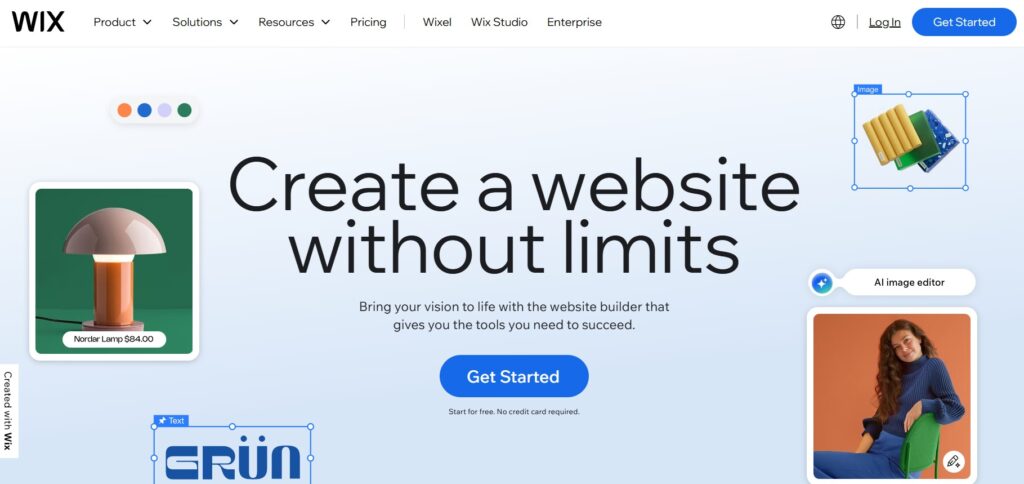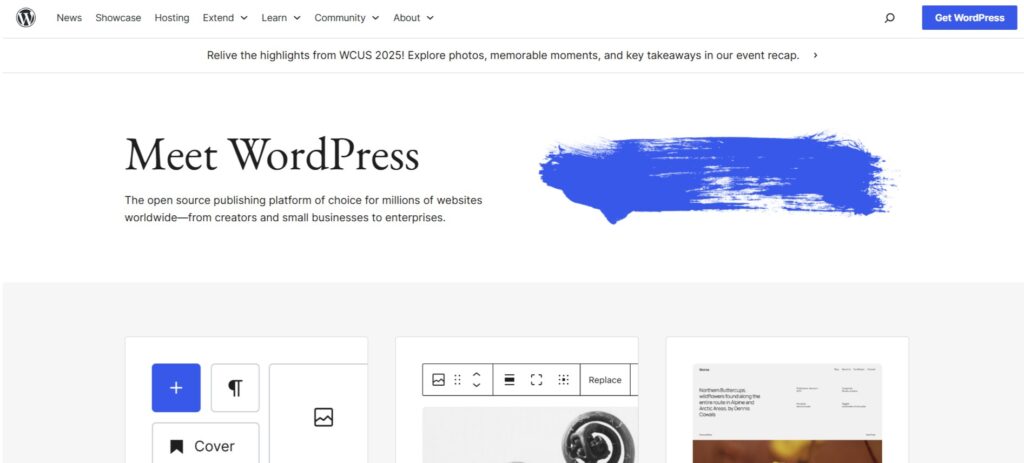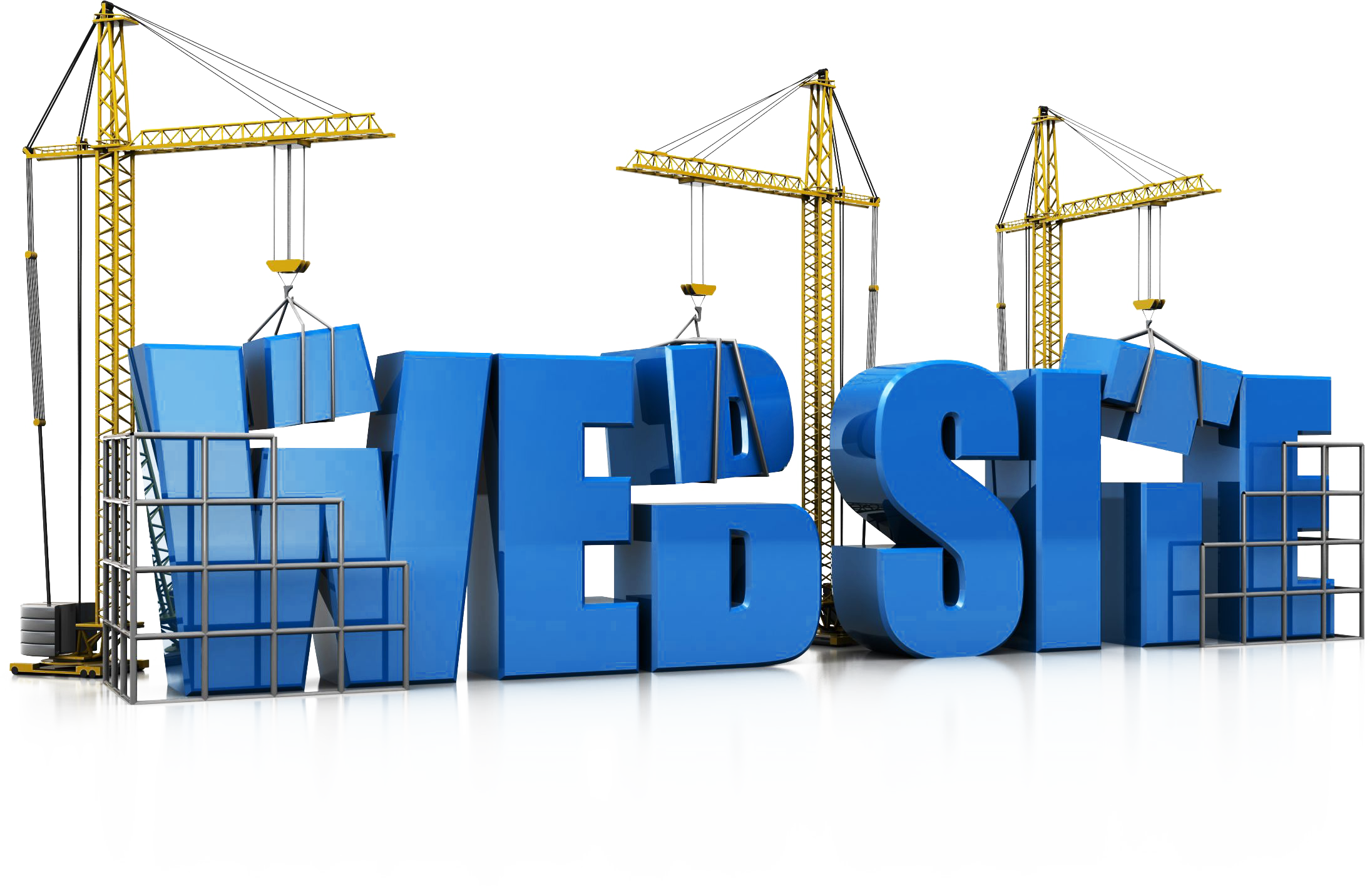Wix vs WordPress: Which Platform Is Better for Your Website in 2025?
The debate between Wix and WordPress has been going on for more than a decade, but in 2025 it’s more relevant than ever. Both platforms have matured into powerful tools for website creation, yet they embody two very different approaches.
Wix focuses on simplicity and convenience: an all-in-one solution where design, hosting, and features are bundled together. WordPress, on the other hand, continues to thrive as an open-source powerhouse that gives users full control and infinite possibilities – but at the cost of greater complexity. Choosing between them isn’t just about features; it’s about how you plan to build, grow, and maintain your online presence.
At the same time, the online environment itself has changed dramatically. Artificial intelligence now shapes user experiences, SEO strategies must account for AI-driven search results, and mobile-first design is no longer optional but expected. Small businesses, creators, and enterprises alike are under pressure to launch sites that are fast, secure, and future-proof.
That’s why comparing Wix and WordPress in 2025 requires more than a quick checklist of pros and cons – it means understanding which platform aligns best with your goals, skills, and long-term vision for your website.

Wix – The Best Online Website Builder (SaaS)
Wix has positioned itself as a leader in the all-in-one website builder category, catering to individuals and businesses who prioritize simplicity over technical depth. The platform is designed to eliminate many of the pain points that come with managing a website: hosting, server setup and plugin compatibility are all handled behind the scenes.
The site builder’s simplicity often wins praise in real-world conversations. Users state on Reddit that Wix is “perfect for small business owners who don’t want to deal with hosting and plugin updates,” highlighting how the builder reduces the burden of ongoing maintenance.
The platform’s subscribers interact through a drag-and-drop editor that feels intuitive, even for those with no prior design or coding background. This “what you see is what you get” (WYSIWYG) approach makes it possible to build and publish a fully functional site in a single afternoon – a huge advantage for freelancers, small businesses and entrepreneurs who don’t have the resources for dedicated developers.
In 2025, Wix has further strengthened its position by introducing several noteworthy improvements that respond directly to current trends in web design and digital marketing. One of the most significant updates is the rollout of AI-powered design assistants. These tools can now generate entire page structures tailored to specific industries. For example, a restaurant owner may be offered a homepage layout optimized for menus and reservations, while a fitness coach receives a design emphasizing booking features and testimonials. This ability to jump-start projects with context-aware templates saves time and provides a polished starting point that can then be customized further.
Another major area of advancement is SEO integration. Wix’s improved SEO dashboard now goes beyond basic metadata editing. The system suggests structured data (schema markup) that helps search engines understand the content of your pages more effectively. It can even analyze the use of keywords in headings and body text, giving real-time feedback for optimization. For users who may not be familiar with SEO best practices, these built-in prompts act as a form of guidance – lowering the barrier to achieving better visibility in search results.
Wix has also continued to expand its ecosystem of apps and integrations. The platform now offers more seamless tools for eCommerce, appointment bookings, event management, and marketing automation. While some of these existed in earlier versions, they have become more robust and better integrated into the editor. For instance, connecting your store to inventory management or syncing a booking calendar across multiple platforms is now more straightforward than before. This reduces the need for third-party software and makes Wix a more attractive option for users seeking a single hub for their digital operations.
Strengths of Wix
The advantages of Wix remain consistent but have grown stronger with these 2025 updates:
- Ease of use: Its interface allows beginners to design and launch a site within hours, often without ever touching code.
- Design templates: Wix boasts thousands of professionally designed templates, many of which are updated annually to reflect modern aesthetics and trends.
- Support and updates: Because everything is managed by Wix itself, users don’t need to worry about server maintenance, plugin conflicts, or manual upgrades.
Weaknesses of Wix
At the same time, some challenges remain:
- Limited flexibility: Even though the platform has improved customization options, advanced developers may still find themselves constrained compared to open-source alternatives.
- Pricing tiers: Certain advanced features – such as deep analytics, premium apps or higher e-commerce limits – require subscribing to higher, more expensive plans.
- Content portability: Perhaps the most discussed drawback is the difficulty of migrating a Wix site elsewhere. Unlike WordPress, which allows exporting and moving data, Wix sites are largely locked within its ecosystem.
Summon it all up, Wix in 2025 stands as a strong choice for small businesses, portfolios, creative professionals and entrepreneurs who value ease of use and integrated solutions over deep technical freedom. Its innovations in AI design and SEO guidance make it more powerful than ever, yet its core identity hasn’t changed: it’s a tool built to minimize technical maintenance, not to maximize open-ended customization.

WordPress – the Most Popular CMS in the World
WordPress continues to dominate as the world’s most widely used CMS, powering more than 40% of all websites globally. Unlike Wix, it isn’t a single bundled product but an open-source ecosystem. This means users are free to choose their hosting provider, install themes and plugins, and shape their websites without restrictions imposed by a central company. The result is unparalleled flexibility highlighted in multiple independent reviews, WebsiteBuilderExpert for example.
With that freedom, however, comes a greater responsibility: site owners must handle updates, backups, and security themselves, or rely on managed hosting providers to do it for them.
In 2025, the platform is still evolving rapidly, and the gap between beginner convenience and professional-level control is more pronounced than ever. The most visible change is the ongoing improvement of Full Site Editing (FSE). Powered by the Gutenberg block editor, FSE now allows users to visually customize headers, footers, sidebars, and templates directly in the dashboard. This makes WordPress feel more like a drag-and-drop builder while retaining its coding backbone for developers who want advanced customization. The editor has matured enough to support sophisticated design workflows, bridging the gap between simplicity and flexibility.
Another major trend is the integration of AI-driven tools and plugins. From content generators that draft blog posts, to SEO assistants that analyze keyword performance, to image optimizers that enhance visuals automatically, WordPress now offers a growing set of artificial intelligence features through third-party add-ons. This keeps the platform competitive with closed ecosystems like Wix, which build AI directly into their systems, while preserving WordPress’s unique advantage: you can choose from multiple AI solutions instead of being limited to one.
Security has also taken center stage in recent years. As the largest CMS, WordPress is a frequent target for hackers. In 2025, a wide range of security-focused plugins and managed hosting options help reduce risks significantly. Many hosting providers now include automated malware scans, DDoS protection, and instant patching for vulnerabilities, making WordPress more resilient than before. However, responsibility still lies with the user to keep plugins and themes updated, which remains a challenge for those less technically inclined.
Strengths of WordPress
The strengths of WordPress have not changed in essence, but they continue to deepen:
- Unlimited customization: Users can create anything from a personal blog to a full-scale enterprise portal, thanks to more than 60,000 plugins and thousands of themes.
- Community support: With a global community, countless tutorials, and professional developers for hire, help is always available.
- Scalability: Whether it’s a simple site or a high-traffic online store, WordPress scales with the right hosting and infrastructure.
Weaknesses of WordPress
Despite its power, the platform has drawbacks that some users find daunting:
- Steeper learning curve: Beginners often face a tough start, from selecting a host to configuring themes and plugins.
- Maintenance burden: Unlike Wix, WordPress sites require constant attention – updating software, ensuring backups, and monitoring performance.
- Performance risks: A poorly chosen combination of themes and plugins can result in slow loading times or even security vulnerabilities.
Thus, WordPress in 2025 remains the go-to solution for anyone who values complete control over their online presence. It is ideal for medium to large businesses, e-commerce projects, content-heavy sites, and technically ambitious users who want the ability to tweak every detail. While it demands more technical oversight and sometimes a steeper investment of time and money, it offers unmatched scalability and freedom. In contrast to Wix, which thrives on simplicity, WordPress thrives on possibility – making it the right fit for those willing to take ownership of their website’s long-term growth.
Key Differences in 2025
To make the decision clearer, here’s a side-by-side view:
Feature | Wix | WordPress |
Ease of Use | Beginner-friendly drag-and-drop | Requires setup & learning |
Customization | Limited beyond provided tools | Unlimited with plugins/themes |
Hosting | Included | Self-hosted (user choice) |
SEO | Built-in but structured | Requires plugins, deeper control |
E-commerce | Integrated in higher plans | Full flexibility with WooCommerce |
Ownership | Platform-dependent | Full ownership of code & content |
Best For | Small businesses, personal sites | Large sites, scaling businesses |
This table highlights the trade-off: Wix offers convenience and speed, while WordPress provides unmatched flexibility at the cost of complexity.
Future-Proofing Your Choice
Launching a website in 2025 means looking beyond today’s needs and asking how your platform will perform in the future. Trends shift quickly: SEO standards change, user expectations rise, and businesses often outgrow their first websites faster than expected. That’s why scalability, control, budget and skills should guide your decision.
- Scalability: If you expect your site to stay small – like a personal portfolio or local shop – Wix is often more than enough. But if growth is on the horizon, with larger traffic, complex e-commerce, or content-heavy projects, WordPress is better suited thanks to its open architecture and flexible hosting options.
- Control: Wix removes the hassle of hosting and maintenance, which is perfect for those who want an all-in-one setup. WordPress, by contrast, hands you full ownership and freedom to customize, integrate, and even migrate your site to another provider – though this requires more involvement.
- Budget: Wix plans are predictable but can get pricey as you unlock premium features. WordPress starts free but adds costs for hosting, themes and plugins. Over time, the expense can be similar, but Wix leans toward convenience while WordPress leans toward flexibility.
- Skillset: If you lack technical expertise, Wix ensures smooth sailing. If you or your team are comfortable with web management, WordPress will reward you with more possibilities.
In short, future-proofing your choice means aligning platform strengths with your long-term goals, ensuring the site you build today won’t limit you tomorrow.
Conclusion: Two Strong Options in 2025
The Wix vs WordPress debate has never been about declaring a single winner. Instead, it is about recognizing that each platform serves different types of users and goals. Wix excels at offering an intuitive builder, quick setup and minimal maintenance. It is ideal for small businesses, creative professionals and individuals who value convenience and want to get online fast without worrying about the technical side of hosting or security.
WordPress, in contrast, shines when freedom and scalability are priorities. It gives you full control over design, integrations, and future growth. For businesses that expect to expand, for content-heavy projects, or for users who want to own every aspect of their site, WordPress remains unmatched in its flexibility.
In 2025, both are excellent choices. The “right” platform depends less on abstract features and more on your long-term vision, available resources, and comfort with technology. And if you ever feel like you’ve chosen the wrong one, switching is possible — for example, you can use a WordPress to Wix migration service like WordPresstoWix.PRO to move your site without losing progress.
